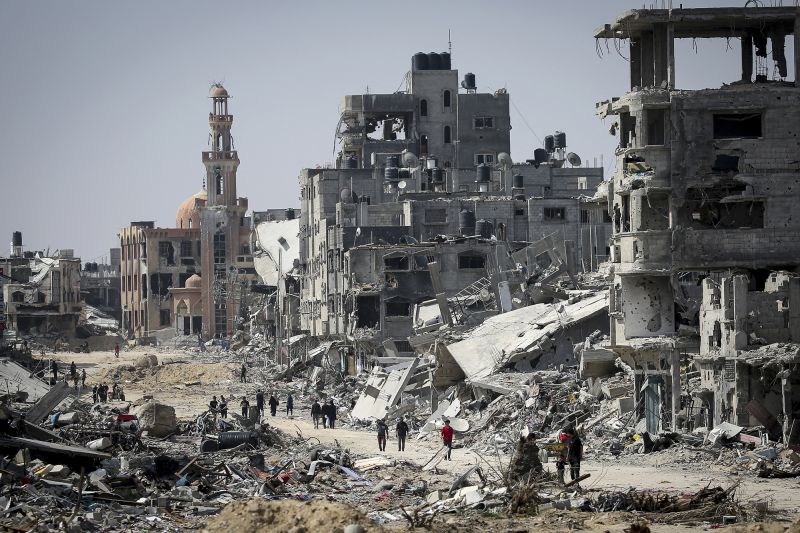The Israeli-Palestinian conflict has been a long-standing issue with deep-rooted historical, political, and religious implications. One facet of this intricate conflict often overlooked entails the moral dilemmas that Israeli reservists confront when deployed in the Gaza Strip. This article delves into the reason why some Israeli reservists decline reassignment to Gaza and the fundamental debate about the ethics of war, particularly with regard to the Israeli defense approach often summarized as ‘We shoot first, ask questions later’.
One primary reason for this refusal lies in the unsettling experiences and moral dilemmas the soldiers encounter while serving in Gaza. This disputed territory, densely populated primarily by Palestinians, often witnesses skirmishes, air strikes, and volatile situations. Israeli reservists, mostly young men and women, find themselves placed in this high-tension zone, facing ethical quandaries where they have to perform their military duties often at the cost of deeply ingrained moral values such as respect for human life, dignity, and rights.
Understandably, this situation can breed significant discord within soldiers, leading to cases of Post-Traumatic Stress Disorder (PTSD), guilt, depression, and anxiety. Repeated exposure to this volatile atmosphere, where they may have to ‘shoot first and ask questions later’, becomes a source of deep-seated internal conflict for these soldiers. Consequently, experiences like these dissuade many reservists from returning to Gaza, despite the societal and political pressures they may face.
Another reason is the lack of clarity regarding the objectives of the Israeli military operations in Gaza. Many soldiers express confusion about the predefined objectives and their perceived utility in the long-run. The rules of engagement, often dubbed tactically aggressive, promote the ‘shoot first’ strategy, which in turn reflects a volatile context where ambiguity and uncertainties often govern the situation. Some reservists question these directives’ effectiveness and, as a result, are reluctant to engage in what they perceive as a questionable military endeavor.
Furthermore, a substantial number of Israeli reservists voice concerns about the proportionality and discrimination of the force used in Gaza. These perturbative concerns stem from the controversial ‘shoot first’ strategy that, in their view, compromises ethical principles of warfare, notably proportionality – the idea that military action should not exceed what is needed to achieve the objective – and discrimination – the principle of distinguishing between combatants and non-combatants.
A considerable amount of these reservations also come from the growing international criticism of Israel’s military conduct in Gaza, especially the use of excessive force and the high civilian casualties. Public opinion, widespread media coverage, and condemnation of Israeli strategies in Gaza from human rights organizations also play a substantial role in forging these reservists’ perceptions and shaping their decision to refuse re-deployment to Gaza.
Social and political pressures within the country add another layer of complexity to this issue. For some reservists, refusal to serve in Gaza elicits various repercussions, including public ostracization, legal ramifications, and even imprisonment. However, despite facing such consequences, Israeli reservists choosing not to return to Gaza signify a noteworthy shift in attitudes towards the Israeli military’s conduct.
In conclusion, the refusal of some Israeli reservists to return to Gaza presents a multifaceted issue rooted in moral, political, societal, and individual grounds. It raises challenging questions about the ethics of warfare, the mental health of soldiers, and the societal norms of patriotism and duty that often demand unquestioning obedience. Addressing these questions adequately and constructively may well lead to more compassionate, ethical military practices, a shift towards a more balanced understanding of the Israeli-Palestinian conflict, and, ultimately, a step closer towards lasting peace.




